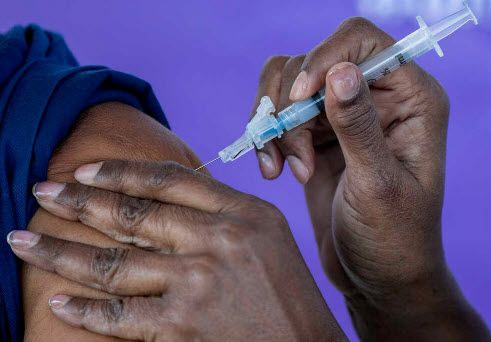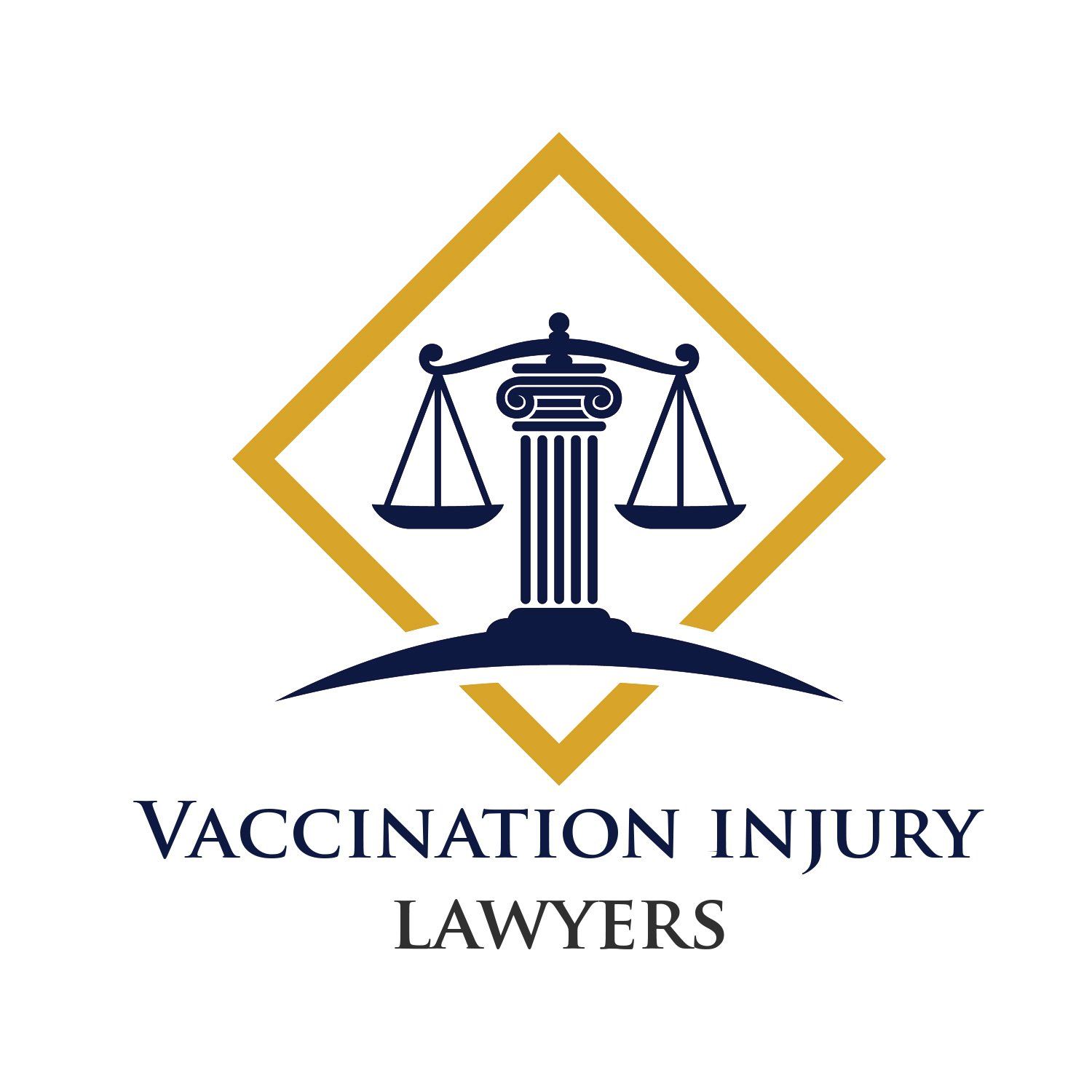UNDERSTANDING THE PROCESS OF A VACCINE INJURY CLAIM
March 9, 2018

The widespread use of vaccines has virtually eradicated many dangerous diseases in the United States, such as measles, mumps, rubella, diphtheria, and polio. While vaccines have played a very important role in public health, there is a very small risk of injury when a person is vaccinated. In some cases, reactions to how a vaccine is administered or the ingredients in a vaccine can cause serious and lifelong side effects.
In the event that a person suffers from a vaccine injury, they are typically entitled to financial compensation. Continue reading to learn more about what filing a vaccine injury claim entails and what you can expect.
Determine if the Vaccine Is Eligible for Compensation
Compensation for vaccination injuries comes from the National Vaccine Injury Compensation Program (VICP). This program was put in effect in 1988 and provided compensation for injuries related to vaccines for tetanus, diphtheria, mumps, measles, pertussis (DT, DTaP, TT, DTP, or Td), polio (OPV or IPV), and rubella (MMR).
As of 1997, injuries related to vaccines for varicella, hepatitis B, and Haemophilus influenza type B are also covered by VICP. If a person suffers from injuries related to any of the vaccines mentioned above, then they are eligible to file a petition with the VICP.
Hire an Attorney
Filing a claim with the VICP can be a complicated process, so it is in your best interest to hire an attorney who specializes in vaccination injuries. An experienced attorney will be able to guide you through the process of filing a claim and can answer any questions that you may have about the process.
Many vaccination attorneys do not charge any upfront fees to their clients. In most cases, a vaccination attorney will cover all fees while the petition is being filed. A client usually does not have to worry about paying any money to their attorneys because the National Vaccine Injury Compensation Program pays
attorney fees.
Filing a Claim
Filing a claim for a vaccine injury differs from filing a normal lawsuit in court. First, your attorney will file a petition with the U.S. Court of Federal Claims. The information contained in the petition will then be reviewed by a physician from the Department of Health and Human Services to determine if the details of the case fit the criteria for compensation under the guidelines of the VICP.
If a claim meets the medical criteria for compensation, then an attorney at the Department of Justice will review the case. This attorney will make a report and then send it back to the court. A special master, who acts like a judge and is appointed by the court, will then be in charge of making a decision about the case.
Awarding Compensation
The special master will typically call for a hearing where the evidence can be presented. Based on the information in the report and what is learned during the hearing, the special master will then determine if a person will be compensated for a vaccine injury and what the compensation amount will be.
The amount of compensation awarded depends on individual circumstances and the extent of the injury. The amount of compensation that a living person may receive is unlimited. If an estate files a claim for a vaccine-related death, then the compensation is limited to $250,000.
In the event that the special master approves compensation and sets a compensation amount, the court will contact the Department of Health and Human Services with the ruling and compensation will be paid out by the VICP.
If you or a loved one has suffered a vaccine injury, then please contact
Vaccine Injury Lawyers for a consultation.

Explore Texas DWI laws, including legal BAC limits, penalties for first-time and repeat offenses, and the consequences of refusing a breath or blood test. Learn about enhanced penalties for high BAC levels, the importance of ignition interlock devices, and rules for driving with a child passenger. This guide highlights the critical details you need to stay informed about Texas DWI regulations and potential legal repercussions.
You may have heard that Autism Spectrum Disorder can result from vaccinations. Read this blog to learn where this myth came from and why it's incorrect.
If you're expecting a child or planning a pregnancy, you may be wondering if and why the COVID-19 vaccine may be recommended. Read to learn all about it.
Even though vaccines are effective, some are reluctant to get vaccinated. Learn the facts about vaccination and how it protects communities.

Shoulder injuries following all types of vaccinations are becoming more common as vaccination numbers remain high. Inflammation of the injected shoulder can cause severe pain, limited motion, and other symptoms that last months or years. Sometimes, surgery is even required. Compensation for these specific injuries is available. For a more in-depth analysis of what a SIRVA is and how it occurs, check out the following article. Click Here .
With technology taking center stage in the medical industry, vaccines help to protect billions. Learn about the common vaccine types in existence today.
Estate planning with Alzheimer's or dementia can be challenging, especially as the condition progresses. See some tips to help if you are in this situation.
Every year, a percentage of individuals develop Guillain-Barré Syndrome (GBS) after getting the flu vaccine. Learn about this illness and its vaccine link.
Some parents question if the shot is worth it and safe. Read on to learn about chickenpox vaccine safety and what to do in case of side effects.

